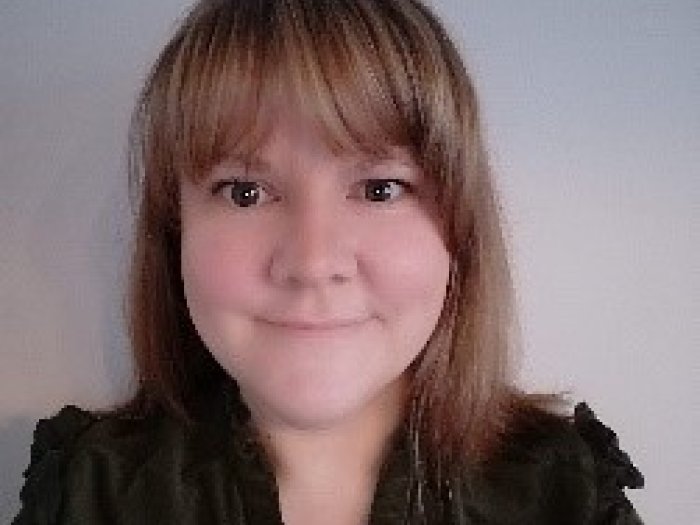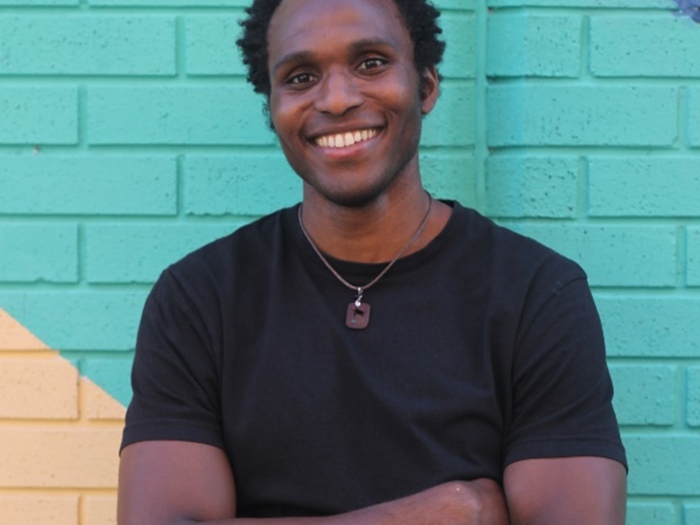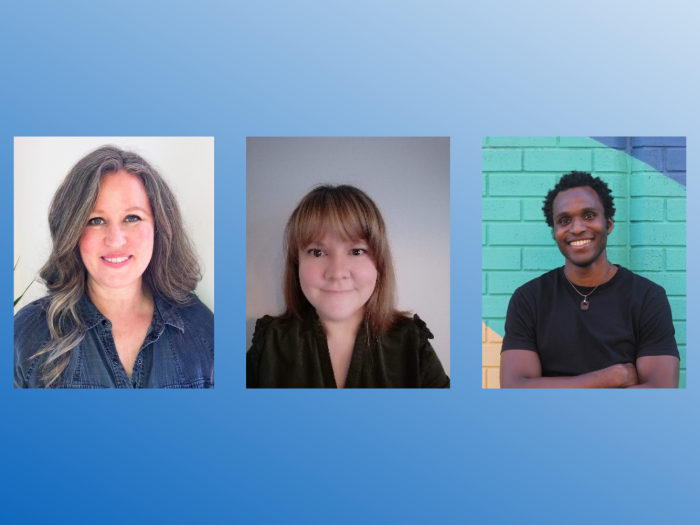This week (Monday 11 to Friday 15 November) is Psychological Professions Week and to celebrate we are showcasing some of our staff and highlighting their stories.

Dr Lizzie Taylor Buck
Which team do you work in?
The perinatal mental health service.
What is your typical working week like? What do you do?
Evidence-based therapies to support parent-infant relationships. I use video interaction guidance (VIG) and interpersonal psychotherapy (IPT) to support parents and babies where there is post-natal depression or other mental health needs.
I supervise our community nursery nurses and offer consultation sessions to the team, participating in multidisciplinary team and governance meetings.
How did you get into the job?
I trained as an art psychotherapist and worked for many years in CAMHS. In 2009 I started a National Institute for Health and Care Research (NIHR) funded PhD researching parent-child interventions and created an online manual of dyadic art psychotherapy. I have always been passionate about supporting the parent-infant relationships, to make sure that children get the best possible start in life. When this role in the perinatal mental health service came up, I knew it was something I would love to do.
What do you like best about your role?
Supporting parents and babies at this critical time of their lives and seeing their relationships go from strength to strength.

Ellen Kavanagh
Which team do you work in?
The research development unit (RDU).
What is your typical working week like? What do you do?
I am the Sheffield therapist for the bipolar at-risk trial (BART II). This is a multi-site randomised control trial to evaluate the effectiveness of cognitive behaviour therapy (CBT) for 16 to 25 year olds who meet the criteria for being at risk of developing bipolar disorder, referred to as CBT for bipolar at Risk (CBTBAR).
I am in a unique role as a therapist based within the RDU as participants eligible for the trial first meet with a BART research assistant for an initial assessment. It is my job to contact eligible participants to let them know if they have been selected, I then offer up to 26 weekly CBT BAR therapy sessions. You can find out more about BART here.
How did you get into the job?
I have a BSc in psychology, MA in counselling children and young people and a post graduate diploma in CBT. I used to work as a CBT therapist in child and adolescent mental health services. I was excited when I saw this role, as I was eager to improve the lives of those who are at higher risk of developing bipolar disorder and learn a new type of therapy.
What do you like best about your role?
I love that this role is early intervention, helping to support these young people in distress and know that the wider findings of BART will contribute to the advancement of knowledge in this field.
As a therapist it is amazing to be able to offer young people up to 26 sessions of CBT BAR, together with the flexibility of delivering the sessions in a location convenient to them.

Dr Peter Isebor
What is your typical working week like? What do you do?
My role is to provide clinical assessments and psychological interventions and facilitate good practice through the supervision of others. I provide clinical supervision to clinical psychologists and clinical associate psychologists, support nurses, social workers, and senior recovery workers.
I also provide a psychological perspective in multidisciplinary team meetings and support people who have complex needs by offering extended assessment and brief psychological interventions. The outward facing part of my role involves having meetings with various professionals in other services to try and support a good experience for people using the service who have complex needs and who can slip through the net.
How did you get into the job?
I started out as a support worker and after my undergraduate degree in psychology I worked as an assistant psychologist and then trained as a clinical psychologist. Once qualified I worked in a range of settings across the system that gave me a good insight into the similarities of the issues faced by so many services.
What do you like best about your role?
It is a great privilege to be alongside people helping them in their time of need and greatest vulnerability. I enjoy it when something I have shared or when I have supported someone (whether in supervision, or another way) and made a breakthrough however small.
I started as a support worker all those years ago it was this kind of support from others that helped me have breakthroughs, develop professionally and eventually get to where I am today.
My role is to provide clinical assessments and psychological interventions and facilitate good practice through the supervision of others. I provide clinical supervision to clinical psychologists and clinical associate psychologists, support nurses, social workers, and senior recovery workers.
I started as a support worker all those years ago it was this kind of support from others that helped me have breakthroughs, develop professionally and eventually get to where I am today.
